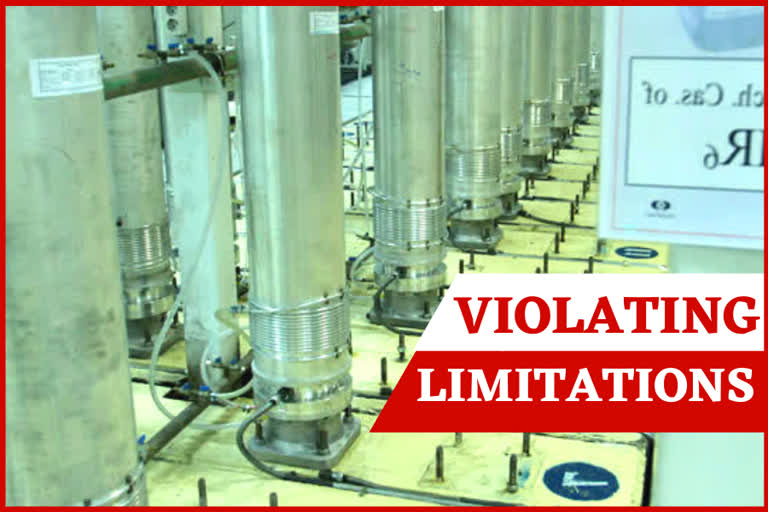Vienna: Iran continues to increase its stockpile of enriched uranium in violation of limitations set in the landmark 2015 nuclear deal with world powers, but has begun providing access to sites where the country was suspected of having stored or used undeclared nuclear material, the UN's atomic watchdog agency said Friday.
Iran signed the nuclear deal in 2015 with the United States, Germany, France, Britain, China and Russia. Known as the Joint Comprehensive Plan of Action, or JCPOA, it allows Iran only to keep a stockpile of 202.8 kilograms (447 pounds).
Read also: Iran briefly seizes oil tanker: US military
The IAEA reported that Iran has also been continuing to enrich uranium to a purity of up to 4.5%, higher than the 3.67% allowed under the JCPOA. It said Iran's stockpile of heavy water had decreased, however, and is now back within the JCPOA limits.
The nuclear deal promised Iran economic incentives in return for the curbs on its nuclear program. President Donald Trump pulled the U.S. out of the deal unilaterally in 2018, saying it needed to be renegotiated.
Since then, Iran has slowly violated the restrictions to try and pressure the remaining nations to increase the incentives to offset new, economy-crippling US sanctions.
Those countries maintain that even though Iran has been violating many of the pact's restrictions, it is important to keep the deal alive because the country has continued providing the IAEA with critical access to inspect its nuclear facilities.
The agency had been at a months-long impasse over two locations thought to be from the early 2000s, however, which Iran had argued inspectors had no right to visit because they dated to before the deal.
But after IAEA Director General Rafael Grossi personally visited Tehran in late August for meetings with top officials, he said Iran had agreed to provide inspectors access.
In its report, the IAEA said inspectors had already visited one site and would visit the other this month.
It didn't detail their findings.
AP



